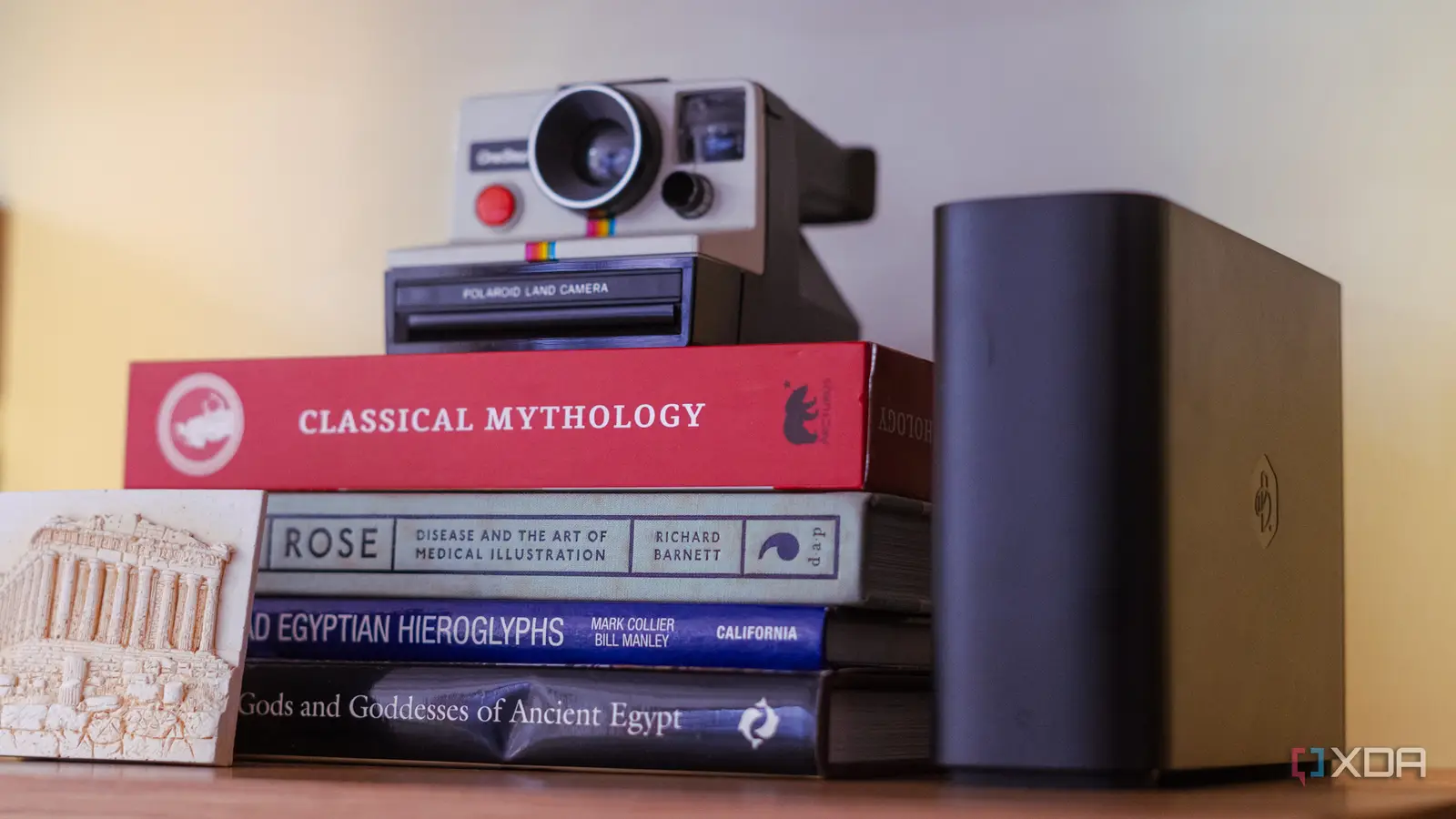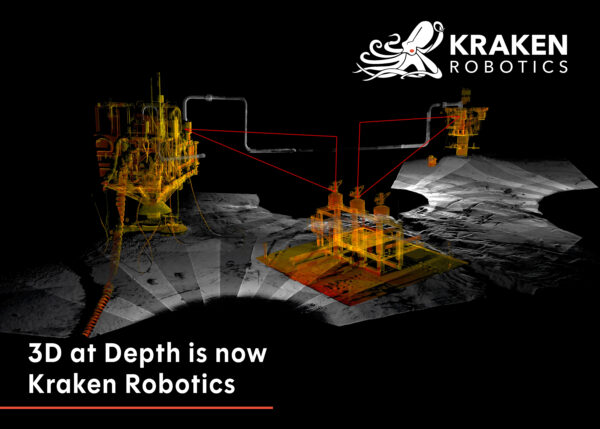Copyright XDA Developers

Synology has largely been the go-to brand for network-attached storage (NAS) enclosures. The company makes some excellent products, such as the DiskStation DS925+ and BeeStation series. I've played around with more Synology NAS than I can recall, and the BeeStation Plus felt like a breath of fresh air. It's what I believe the consumer space requires a NAS to be. Something affordable, approachable, simple to configure, and easy to forget. NAS has become quite the loud market segment, allowing just about everyone to create a compact home lab with nothing but a prebuilt NAS. The problem is, I don't feel like Synology fully has me on board as a consumer anymore. BeeStation Plus is amazing This is one seriously cool piece of kit I've often recommended Synology NAS to those who are purchasing their very first enclosure. DiskStation Manager (DSM), the company's renowned NAS operating system, has a reputation for its simplicity and desktop-like experience. You could pick up a Synology NAS, plug it in, and get going in moments. The BeeStation range of NAS elevates this by replacing DSM with BSM, which stands for — you guessed it! — BeeStation Manager. DSM is laid out and well developed, but BSM is essentially DSM Lite, allowing you to quickly launch a few things within seconds. And that's what's so special about these NAS enclosures. They're great for NAS beginners and those who only require small amounts of connected storage since they're painlessly easy to use. You're limited somewhat as to what can be installed and run on these more affordable enclosures, but the BeeStation Plus hilariously supports video hardware transcoding out of the box for Plex, whereas the company's more premium and enthusiast models have this feature missing for the 2025 refresh. It's an interesting move that we'll touch on a little later. The BeeStation Plus is amazing, but does Synology deserve your trust? Synology's simplicity reached further than its UI design, as the company had a strong collection of models to choose from. Everything was clearly laid out with easy-to-decipher SKUs, and performance was excellent across the board. They weren't the cheapest NAS on the market, but you received top-notch service. I always viewed Synology as the Apple of NAS. The BeeStation range of NAS focuses on consistent backups, straightforward sharing, and a responsive performance for getting online in seconds with a few decent mobile apps to boot. Having fewer overheads and a focus on mobile apps, the BeeStation Plus is perfect for those switching from cloud storage solutions from Apple, Google, and Microsoft. These are often integrated through official apps. Even the admin area was planned out to allow power users to dig in while keeping casual users safe from bricking their NAS and losing data. The whole thing from start to finish feels more human compared to traditional NAS setup and management, which is still very power user and enterprise-like — try getting a loved one to locate and enter the NAS IP into the browser. Where it all went wrong One mishap after the next Earlier this year, Synology made a rather damning policy change, which essentially gave full storage functionality to branded drives, be it SSDs or HDDs. Gone were official certifications for Seagate and Western Digital, among other storage brands. Restrictions included no access to storage pooling, specific health diagnostics, and recovery operations when non-Synology third-party drives were used inside newer DSX25 models. Obviously, this didn't play well with the wider NAS community, with many believing Synology was pushing its own drives. That wouldn't be an issue if Synology's own SSDs and HDDs were widely available and priced in line with competitor counterparts, but neither was the case. Many models were out of stock, and pricing was considerably higher per GB. It was rightly argued that moves such as this could spiral to limit the ability for long-term maintenance of NAS enclosures, specifically branded prebuilt turnkey options. Many have already relied on other storage brands for their drives for years, which made the pill that much harder to swallow. This has a long-lasting effect of eroding trust in the brand. Even though Synology eventually rolled back changes and opened up its 2025 NAS to support drives from other manufacturers, this has a long-lasting effect of eroding trust in the brand, especially if consumers begin to believe Synology could enforce other policy changes further down the line. NAS enclosures are not cheap, and that's excluding the cost of the drives themselves. Potential (and returning) customers won't feel comfortable tying their storage infrastructure to Synology if their choices will be limited. Another issue is transcoding support on DSX25 NAS models, such as the DS925+. It's simply not possible through hardware acceleration since Synology doesn't include the necessary drivers. Thankfully, it's possible to remedy this and unlock support without having to type countless commands and hack DSM. It's what makes the BeeStation so strange since the Plus supports full transcoding out of the box without making a single change. It's also what makes this NAS range relatively safer since their designed with specific goals in mind. I still have hope for Synology It's still early, and we're rolling through the upcoming holiday season to CES 2026, but I hope Synology takes feedback on board and really drives home a consumer-first approach next year. The brand has a comfortable grip on the NAS market with its enclosures usually featured in recommendation lists, including many of our own. Even with all the problems we've seen with the 2025 model launches, Synology still makes some great NAS enclosures. We just need to ensure hardware and software openness for longevity.



